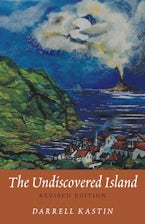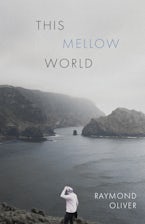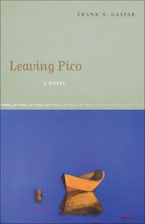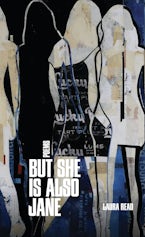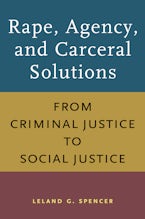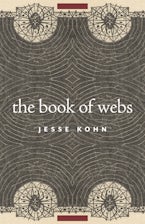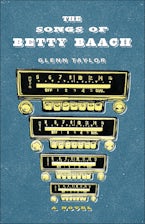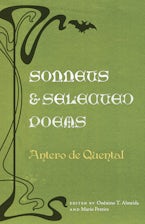- Home
- The Celestial Twins
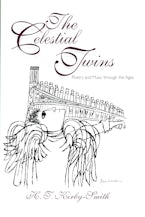
The Celestial Twins
Poetry and Music through the Ages
by Erin Smith and H.T. Kirby-Smith
Published by: University of Massachusetts Press
368 Pages, x 1.20 in
Other Retailers:
All art constantly aspires toward the condition of music, wrote Walter Pater. The Celestial Twins, while recognizing many affinities between music and poetry, argues that poetry in Western culture has repeatedly separated itself from music contexts and that the best poetry is a purely verbal art.
H. T. Kirby-Smith makes his case with wit and erudition, proceeding chronologically and citing numerous examples of specific poems—from Latin, Old French, Italian, Anglo-Saxon, modern French, and English. He points out that ancient Greek poetry, including the epics, was part of a musical context. By contrast, almost no surviving Latin poetry was written for musical performance, but the meters of Latin poetry were borrowed from Greek musical meters. Similarly, in their own ways, Thomas Hardy, T. S. Eliot, and Langston Hughes all wrote out of musical contexts: Hardy from west-of-England songs and dances; Eliot from Wagnerian opera and late Beethoven chamber music; and Hughes from blues, jazz, and spirituals.
Although poets from Horace to Shakespeare to Dickinson have instinctively recognized the separation of music and poetry, there have also been well-meaning attempts to bring these allied arts back into close association with each other. But in Kirby-Smith's view, poetry of the highest order has always maintained a respectful distance from music, even while retaining some memory of musical rhythms and organization.
H. T. Kirby-Smith makes his case with wit and erudition, proceeding chronologically and citing numerous examples of specific poems—from Latin, Old French, Italian, Anglo-Saxon, modern French, and English. He points out that ancient Greek poetry, including the epics, was part of a musical context. By contrast, almost no surviving Latin poetry was written for musical performance, but the meters of Latin poetry were borrowed from Greek musical meters. Similarly, in their own ways, Thomas Hardy, T. S. Eliot, and Langston Hughes all wrote out of musical contexts: Hardy from west-of-England songs and dances; Eliot from Wagnerian opera and late Beethoven chamber music; and Hughes from blues, jazz, and spirituals.
Although poets from Horace to Shakespeare to Dickinson have instinctively recognized the separation of music and poetry, there have also been well-meaning attempts to bring these allied arts back into close association with each other. But in Kirby-Smith's view, poetry of the highest order has always maintained a respectful distance from music, even while retaining some memory of musical rhythms and organization.
H. T. Kirby-Smith is associate professor of English at the University of North Carolina, Greensboro. His most recent book is The Origins of Free Verse.
"This book is terrific—what a compendium of knowledge. . . . It does my heart good to see such intelligence and subtlety and wide learning brought to bear on the development of poetry."—Paul Mariani, author of The Broken Tower: The Life of Hart Crane
"Its range is vast—from the ancient Greeks to T. S. Eliot—but though it is ambitious, it succeeds by not trying to be exhaustive. Kirby-Smith carries a lot of learning very lightly. . . . I should like especially to praise the author for his blessed clarity. The general is nicely balanced by the specific: representative individual poems get excellent readings, and in many instances, excellent translations. The book is well informed, but is not theory-ridden; instead of foggy jargon, we have genial common sense and graceful and witty prose."—Edward Doughtie, author of English Renaissance Song
"A model of scholarship that is not just convincing but a pleasure to read."—Library Journal
"The Celestial Twins gives one the exhilerating experience of being in the presence not only of a formidable scholar, but also of a master teacher and a witty writer. Kirby-Smith fleshes out his sweeping overview of Western literature with detailed analyses of particular works, many in his own excellent translations; and it's all in a lucid style admirably free of jargon. The book is rich in material of interest to specialists in literary theory, literary history, comparative literature, and prosody; for any reader with an interest in poetry, it should be a revelation as well as a joy to read."—Leonard M. Trawick, coeditor of World, Self, Poem

